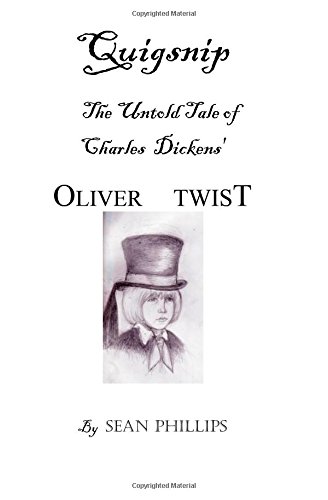
John Wagner did not make this easy on himself. In the 1980s, the supernatural Dark Judges were recurring, albeit overused foes in the Judge Dredd strip, culminating in the epic, gruesome 1990 serial "Necropolis." That really should have been the end for the characters, but they spent the 1990s showing up way too frequently, their horror sidelined for broad black comedy. They've only appeared very sporadically since, played straight and played horrific, but the malady lingered on, you know? I mean, did the world really need another Judge Death story?
Well, Death and his gang have returned in an eleven-part story that began last month and is about at the halfway point now, and it's amazing. The art, very old school fully-painted, is by Greg Staples, and it's just gorgeous. This story was announced in 2013 and some of us - like me - started grousing about the time it took to appear, but this was really worth the wait. It's exceptional work across the board.
The story picks up some dangling plot threads and, halfway through, has just barely addressed them, leaving me hungry for more backstory. Judge Death himself was last seen nuked into another dimension, but a brief flashback showed him back in Mega-City One, looking for his trapped brothers. There's a world of intrigue behind that that I could go into but won't; briefly, he pilfers their spirit forms and takes off on a colony ship bound for a distant world.
Judges Dredd and Anderson are about two weeks behind, unable to stop the carnage when Death and his gang all resurrect themselves with their bizarre superpowers and start mass slaughter. At about the halfway point, our heroes finally catch up to them, but too late to save the colonists, and are trapped on board the spaceship, cut off from resources and help, surrounded by the dead...
It's not all doom and gloom, but in this story, Wagner very sensibly let the humor arise from the colony ship and their foibles, keeping reader attention and sparking some smiles before things go straight to hell, and it's been a mean and ugly action-adventure thriller ever since the third episode. As things get bad, there are still dozens of questions to be addressed, including the whereabouts of another one of Dredd's old enemies, who I'd have guessed would have appeared in this story by now, and what the Dark Judges were thinking, engineering a ssssssituation where everybody's trapped on the stranded colony ship. I have the ugly feeling that this is going to get a lot worse before it gets better.
"Dark Justice" is appearing weekly in 2000 AD, beginning in Prog 2015 and continuing through progs 1912-1921. Click the image above to visit the comic's online shop and order your thrillpower!!
This story is written in memory of my pal, longtime squaxx dek Thargo Mike Horne of Boston, who passed away last weekend after suffering a stroke in November. Mike wasn't able to read any of this story, which is a damn shame. We'll miss you, Mike.
PDFs of these issues were provided by the publisher for the purpose of review. If you'd like to see your books (typically comics or detective fiction) featured here, send me an email.
